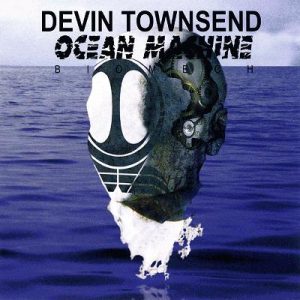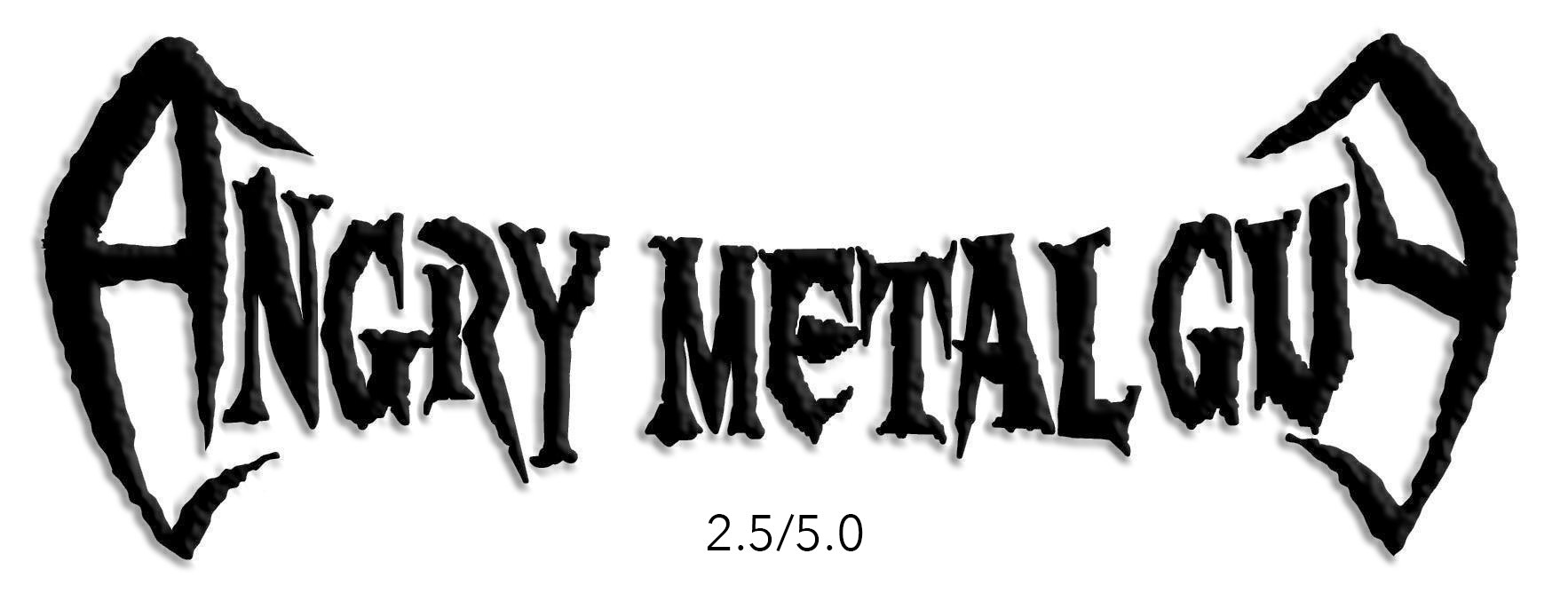 The shimmering voice of the ocean recites a verse from Alfred, Lord Tennyson’s In Memoriam – a poem of anguish, grief, and fading mortality – at the start of Ocean Machine: Biomech:
The shimmering voice of the ocean recites a verse from Alfred, Lord Tennyson’s In Memoriam – a poem of anguish, grief, and fading mortality – at the start of Ocean Machine: Biomech:
“O earth, what changes hast thou seen!
There where the long street roars, hath been
The stillness of the central sea.
The hills are shadows, and they flow
From form to form, and nothing stands;
Like clouds they shape themselves and go.”
It’s a fitting start to Ocean Machine: Biomech, Devin Townsend’s masterpiece, a ‘labor of love that was born more out of adversity than almost anything else.’ Ocean Machine, released at the end of July 1997 – five months after the release of the Strapping Young Lad’s debut City – confirmed Townsend’s creative virtuosity to the metalsphere. Ocean Machine was 25 years in the making, the soundtrack to Townsend’s hectic journey through the hazy industry that exposed him to the highs and lows of life.
The 90’s, for Townsend, certainly look hectic on paper: whilst touring the world with Steve Vai and The Wildhearts in the early nineties, jamming with Jason Newsted, dealing with corporate buffoons Roadrunner Records, recording the punk-opera Punky Brüster – Cooked on Phonics, formulating industrial destruction under the guise of Strapping Young Lad, coping with the harmful effects of hallucinogenic use and mental illness, Townsend was creating snippets of music that would feature on Ocean Machine. Yet this hectic lifestyle would also have encompassed periods of intense loneliness and detachment. Townsend has been starkly honest about his experiences on the road, away from family, under the influence of ‘acid,’ and thus existing in a constant state of flux and uncertainty, so much so that after the release of the album Townsend sought professional help and was diagnosed as having Bipolar disorder after feeling more alone and detached than ever. There’s a lot of information about this, conveyed by the man himself, that will do a much better job than I can at explaining the intricacies of his experience.
My whole point is this: the concept of Ocean Machine is Devin Townsend. Severing the art from the artist in this case would be wrong. The album takes a listener through the key junctions in Townsend’s life and just like memory itself each re-collection takes varied and diverse forms that are channeled through Townsend’s progressive sound. Ocean Machine moves between the soul-numbing experiences on the road with Vai in “The Death of Music” to the loneliness and melancholy of life under Japanese moonlight in “Night,” between the dream-like heaviness of “Funeral” – a song remembering a school friend who was stabbed to death – to the sad atmospheric reverberations of “Voices in the Fan” and alien abduction song “Greetings.”

Linking each is the motif of the ocean, of waves ebbing, flowing, submerging, drowning, cascading, and trickling. In most of the 13 songs the indifference of the ocean and nature seeps into memory and into lyrics; this is what makes the album so special for me. About the seventh wave that creeps up on a person, “Seventh Wave” welcomes the harshness of the ocean: ‘I’ll wait for the ocean to rise up/And meet me as it rose up before’ Townsend passionately drawls in the song’s huge chorus. In “Night” ‘rain, falling down on me’ is repeated with feathery aggression. In the crunch and crash of “Hide Nowhere” Townsend huskily whispers, like spray over rocks, of “Cold blue waves, cold dead sky.” The gorgeous interlude “3AM” shows Townsend at his sensitive best, drawing the album into solemn territories like the pull of waves away from the shore. The squawking of seagulls above synths that shimmer like frothy waves over rocks infiltrates the lamentations of “Funeral,” then surging into my personal favorite track, the emotional epic “Bastard.” Evoking his most deranged post-punk Robert Smith in the following downward-spiral of a track “The Death of Music,” Townsend – in disembodied fragments and snippets of experimental sound – reaches the epiphany that ‘The rain will come/The rain will always be.’ At this point musical conventions have been chewed up and spat out with hopeless disregard for the self and the future.
Townsend’s vocals are at their best in Ocean Machine: simultaneously vast, epic, subtle, vulnerable, and violent. Yet, unlike many of his more experimental and diverse future recordings, his voice never degrades into the bombastic and melodramatic. His vocals serve the song. Instrumentally, the album touches upon a vast variety of genres. Ocean Machine showboats many styles yet sublimates them expertly with Townsend’s crunching metal always at the song’s hearts. The hooky fan favorite “Life” pulses into the electronic rhythms of “Night.” “Hide Nowhere,” littered with shards of disembodied vocals akin to a schizophrenic Queen, settles as the beautiful ambient interludes of “Sister” and “3AM” tranquilize the album. Lulled into a dreamy vulnerability, “Voices In the Fan” ponders the grey melancholy of life, ending with the striking echoes of a Gregorian choir. Soon after “Regulator” jostles into position with industrial forcefulness, chugging and crashing mid-way through the album before the epic trio of “Funeral,” “Bastard,” and “The Death of Music” raises the album to legendary levels.
With the weepy closer “Things Beyond Things” Townsend, taken from an interview, confirms that things are just things and nothing really means a thing at all. All pain and anguish is personal and ultimately, we, and nature, are indifferent to it. Music means nothing. This album means nothing. You are nothing. A pessimistic end to a wonderfully pessimistic album that brings me, and I hope you, too, such enjoyment and comfort.

















